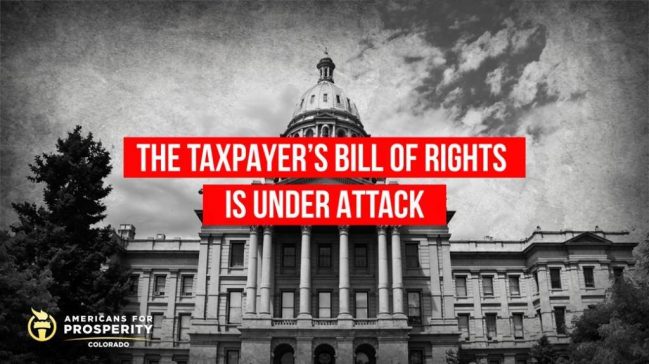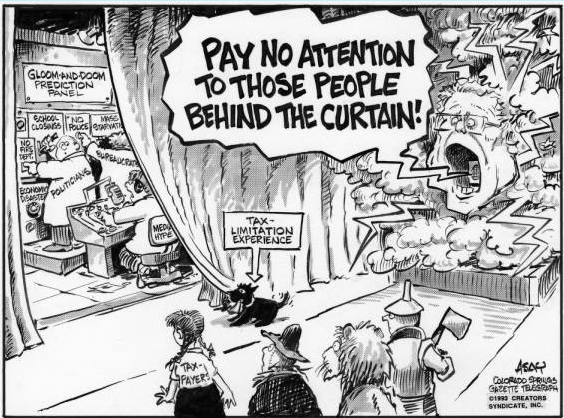The board of the Western Slope’s Colorado River District is considering whether to ask residents in the 15 counties it serves, including Mesa County, to approve a tax hike.
The district’s general manager, Andy Mueller, is recommending that the board consider seeking voter approval in November to raise the district’s property tax mill levy to 0.5 mills. That would boost annual revenues by about $4.9 million, much of which the district could use to work with partners to fund water projects.
The increase would cost the average homeowner in the district an estimated $8.63 a year, but that amount would vary widely across the district due to disparities in property values, ranging from about $3.71 a year in Moffat County to $23 a year in Pitkin County. The increase would cost about $1.90 a year per $100,000 of assessed valuation.








